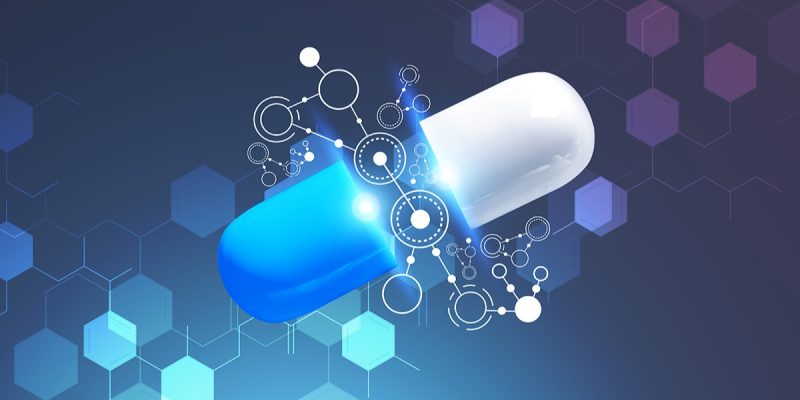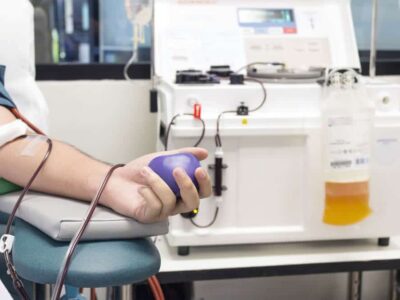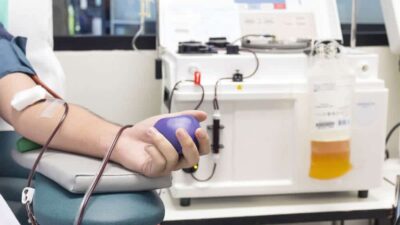
Developing new medications is a complex and costly process, with fewer than 10% of drug candidates ultimately reaching the market. To make this process more efficient and improve success rates, the pharmaceutical industry is increasingly adopting advanced data analytics and artificial intelligence (AI).
Innovations in biotechnology, robotics, and computational modeling have driven remarkable progress in drug discovery. By harnessing vast datasets and AI-driven tools, researchers are uncovering novel strategies to design and assess potential treatments. But how exactly are AI and big data transforming drug development?
AI and big data are critical for identifying promising drug candidates and predicting their chances of success. Machine learning algorithms, in particular, enable scientists to rapidly analyze intricate biological and chemical data, facilitating data-driven decisions and accelerating the development of new therapies. Techniques such as antibody screening have further refined the ability to evaluate drug interactions and therapeutic potential, providing deeper insights into treatment efficacy.
Despite the significant costs, the pharmaceutical industry continues to grow. Projections indicate it could exceed $71 billion by 2025, driven by AI, big data, and other groundbreaking technologies reshaping healthcare and pharmaceutical research.
Explore the detailed guide below to learn more about the drug development pipeline and the cutting-edge trends driving its evolution.











